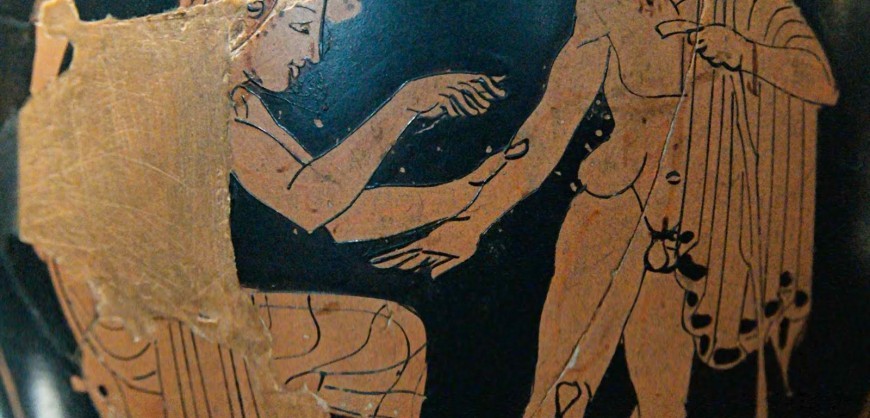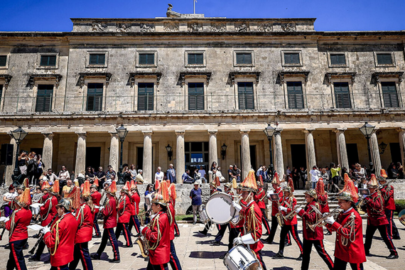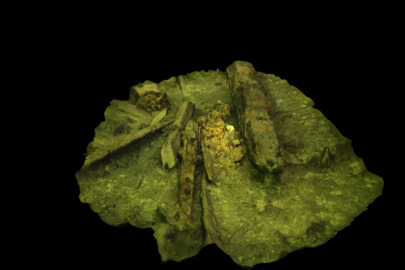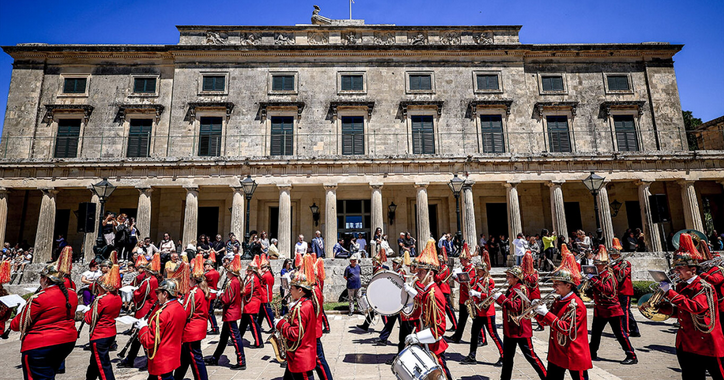The tour that was conducted in the Epigraphical Museum on May 18, 2014, the International Museum Day, had one purpose: to highlight the occupations of the ancient Greeks, as most of them were engraved next to the names of those who exercised them. Because the majority of the inscriptions that refer to professions of the past – which are not so different from today’s jobs – were votive offerings of craftsmen who sought the assistance of Athena Ergane, patroness of various crafts and manual labor.
The tour entitled “Workers in Ancient Times” included stops to selected exhibits that revealed the most popular professions of the ancient Greeks.
Painter, mason (architect or carpenter), shipwright, guitar player, fisherman, washer woman, potter, are some of the occupations identified in the inscriptions housed in the Epigraphical Museum and the Acropolis Museum.
Particularly interesting are the votive offerings of laborers and craftsmen from the last quarter of the 6th century BC and the early 5th century BC, who sought the assistance and protection of the gods, especially of Athena Ergane, patroness of various crafts and manual labor. These offerings were also a kind of advertisement of their art.
Most offerings came from potters and sculptors. Among them, the name of the sculptor Hegias of Athens stands out. He was the teacher of Pheidias, known mainly from the literary tradition and the inscription housed in the Museum is perhaps the only inscription referring to his work.
Other offerings refer to the work of sculptors that excelled in antiquity, such as Aristion from Paros, Onatas from Aegina and Archermos from Chios. Many of them were extremely famous and highly paid, but unfortunately most of their work was lost, except from a few sculptures what were linked to these bases. That is why the identification of their names was so important.
Source: Athens News Agency



































